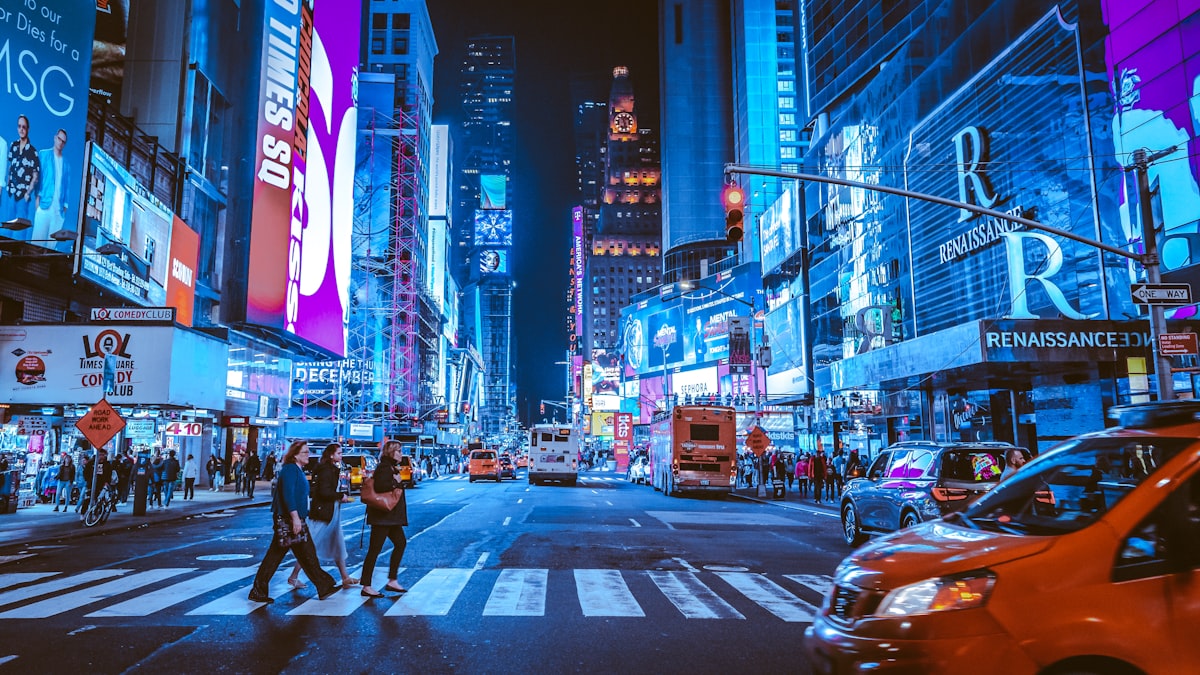On New York City and expectations
Allowing a city to be simply what it is

A friend’s email this morning provided some fodder for my walk. Knowing that my plan in college was to move to New York for a year or two before moving to Paris, he asked why I had never taken that step, and if I regretted it. It has given me a new moment to reconsider a question I have engaged several times before: Why do we live here? (With so much of the city closed now and for the foreseeable future, it is perhaps a more timely question than ever.)
Paris was a dream born of a blank sheet — not so different from what New York represented to me when I moved here, actually. After college, I needed to find a new place to live but had no particular draw to any one place. I had never been to New York (never been east of Idaho at that time, to be honest), and I just thought, “Why not, it’s a new place, could be fun.”
With no constraints, no pressures, I was able to throw a dart fancifully at a map. (In retrospect, my move to NYC was far more casual — one might even say more accidental — than it should have been.) Because Paris was the same way, I never felt the urgency to get there once I was somewhat established here, nor any regret from not having moved there.
That looseness/fluidity also extended to my expectations for visiting Paris and France. I never felt disappointment as some do, that the city is not the fantasy of books and movies; I found even the grittiness charming. This is because it’s a wonderful place, but also because I didn’t have firm expectations for the city to fail.
And isn’t this how we should live our lives generally? I try hard not to dictate in my mind what a thing should be, since it allows me to celebrate it more readily. And so we ask: What are our expectations for New York? What is the thing, beyond what we want it to be? I’m not sure I have an answer. They change daily, don’t they, our expectations?
I think here of actors and musicians — a storied group of people who find promise in this city. We know plenty of these people, as well as the hardships attendant. Yet even with the uncertainty they face, still I rebel against the idea that people must have a “plan b.” Backup plans are all well and good, but they presume the rightness of a particular path, a particular version of “success,” when in reality we have no idea about someone’s goals or situation or values. Life is more fluid than that, more uncertain, more unexpected.
(That’s why we should be cautious offering advice, even if it comes from a place of thoughtfulness and concern: We just don’t know them. It’s our place to support people, but not to direct them. Another reminder that we should ask questions more often than we make declarations.)
For what it’s worth, and this is anecdotal, but almost every person I’ve ever met who’s moved to New York has had existence as a goal either equal to or surpassing a career. In other words, for many people coming here, I would guess, just being in New York at all is success.